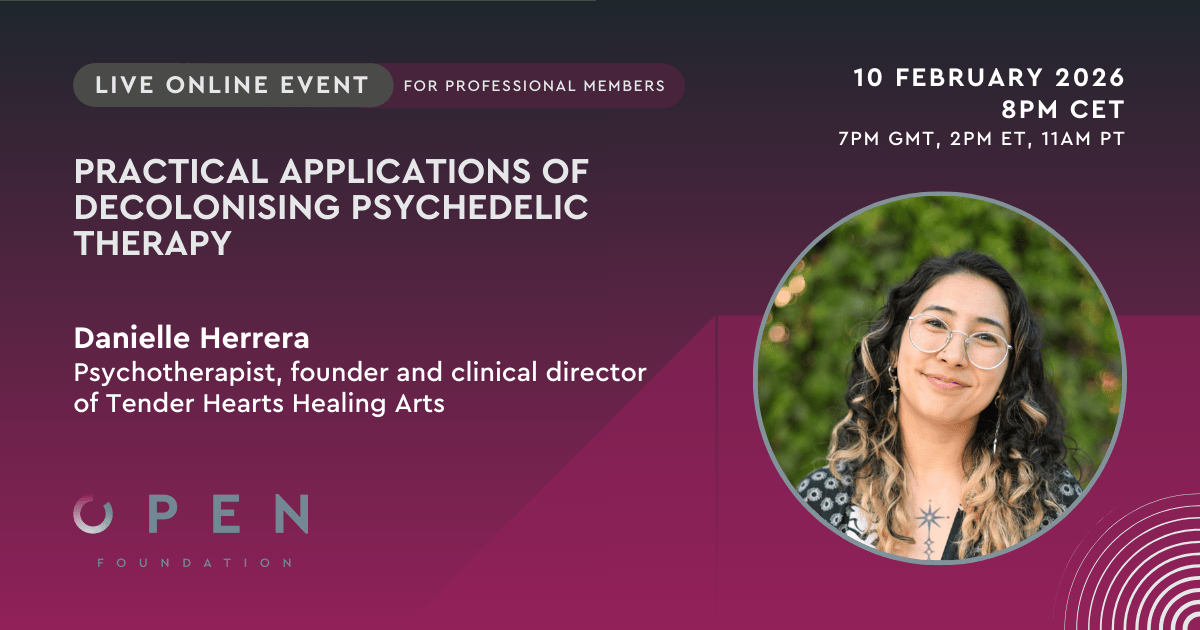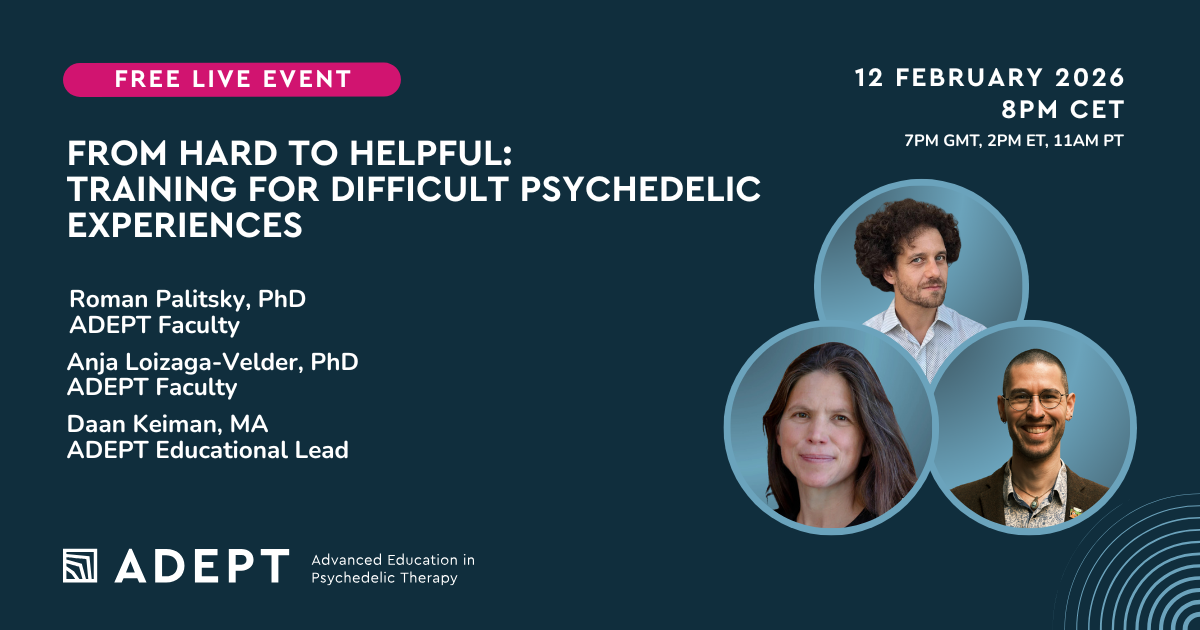Abstract
What is Ecstasy? Defined by the New Webster’s Dictionary as a state of intense overpowering emotion, a condition of exultation or mental rapture induced by beauty, music, artistic creation, or the contemplation of the divine, ecstasy derives etymologically from the ancient Greek ekstasis, which means flight of the soul from tbe body. The anthropologist, Mircea Eliade, who explored the roots of religious experience in his book Shamanism: Archaic Techniques of Ecstasy, has described the function of this intense states of mind among aboriginal peoples. Select individuals are called to become shaman, a role specializing, in inducing ecstastic states of trance where the soul is believed to leave the body and ascend to the sky or descend to the underworld. The shaman is thus considered a ‘technician of the sacred’, having been initiated through a process of isolation, ritual solitude, suffering and the imminence of death. Such initiation into the function of ecstatic states of consciousness, always accompanied by comprehensive tutelage from tribal elders, allows the shaman to assume for his tribal group the vital role of intermediary, or conduit, between the profane world of everyday existence and the sacred domains of alternative reality (Eliade, 1951; Schultes and Hofmann 1992)
Grob, C. S. (2000). Deconstructing Ecstasy: The Politics of MDMA Research. Addiction Research & Theory, 8(6), 549-588. http://dx.doi.org/10.3109/16066350008998989
Link to full text











